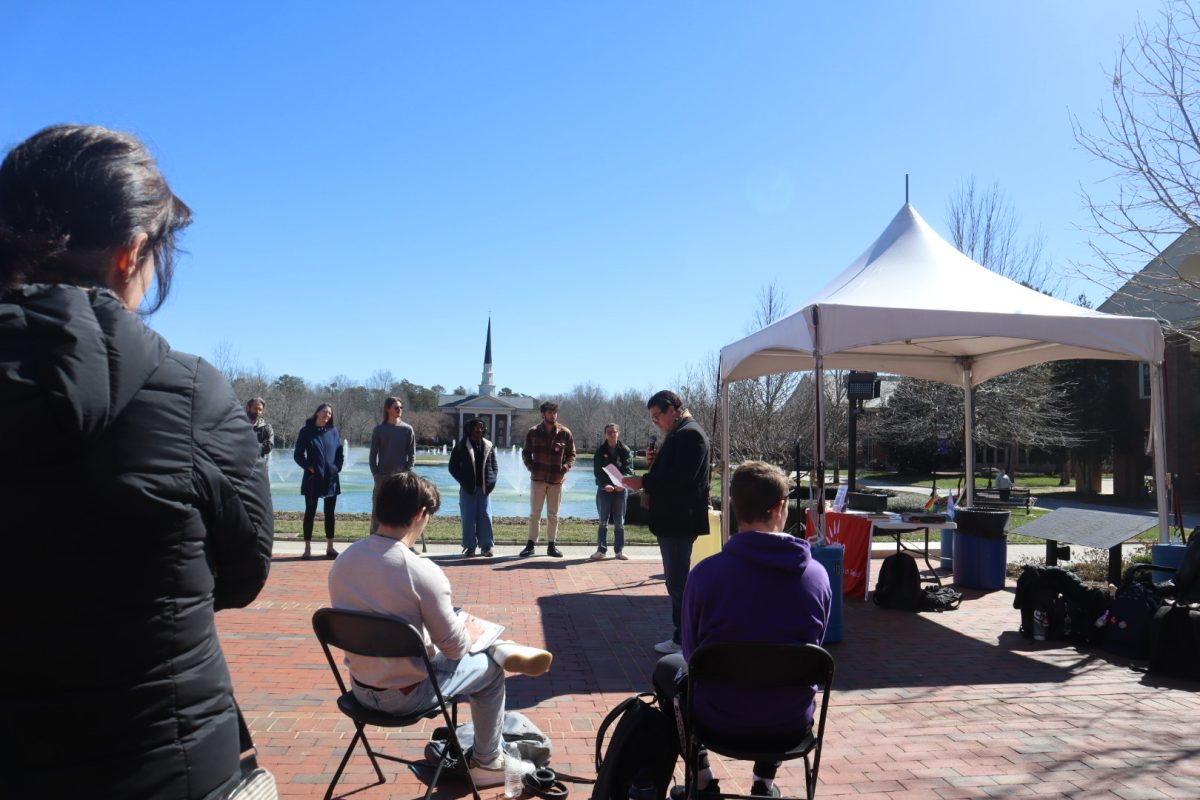What are closed elections? What are ranked-choice elections? What about the types of elections in between? In the United States, individual states have discretion over the elections in their state thus the abundance of types of elections. South Carolina recently examined their primary election structure and proposed Bill 3310, along with subsequent bills, aiming to close South Carolina primary elections. Moreover, South Carolina also proposed Bill 3589, which proposes ranking choice elections. If these bills were to pass and become law, what are the ramifications? Furthermore, what are the pros and cons to closed and ranked-choice elections? To find out, I asked Furman University Politics and International Affairs professors Brent Nelsen and Danielle Vinson.
Closed elections in their simplest form require prospective voters to register with a party before they can vote in a primary election. In the US, a voter must register as a Democrat or Republican; independents cannot participate in party primaries. Typically, this makes it so a Republican and a Democrat will run against each other in the general election. Why would parties do this? Parties may choose to have closed primaries because closed elections protect parties from external influence such as voters who do not share in the party’s aims. Proponents of closed primaries may say that they prevent sabotage because parties are supposed to be at least semi-private conglomerations of like-minded individuals in which they have the faculty to choose their leaders. If voters who do not share the party’s interest are allowed to vote in the primary for said party, they may diminish the potency of that party’s aims. Closed elections do have some negative effects. In my discussion with Dr. Nelsen, closed elections in South Carolina essentially disenfranchise large swaths of the population and lead to increased polarization because only party members can vote for the representatives.
Ranked choice elections involve having many candidates on the ballot that voters can vote in a ranked fashion irrespective of their party. According to Dr. Vinson and Dr. Nelsen, ranked-choice voting moderates candidates because voters’ first, second, and sometimes third choices are being considered. Furthermore, ranked choice moderates candidates because parties will be prompted to change their campaign strategies. Dr. Nelsen notes that parties may “try to cast a broader net and appeal to the voters who are adjacent to them on an ideological spectrum.” Nevertheless, it is unlikely that parties will attempt to appeal to extreme candidates. However, there are significant difficulties with ranked choice. First, ranked-choice voting requires people to be more informed. In my discussion with Dr. Vinson, she noted that closed elections make it much easier for people to vote. She explained that people will see the Republican or Democrat next to the candidate’s name and vote for who they are closest to. Both Dr. Nelsen and Dr. Vinson believe it would be more difficult for voters in a ranked-choice election because there would be many complex provisions in the election process. This may deter voters from coming to the polls to vote.
What are the ramifications if ranked-choice voting is codified into law? Dr. Nelsen contends that closed elections would reduce voter turnout at universities like Furman because it requires students to register as party members and that is just an extra thing. Dr. Vinson explained that closed elections incur polarization at the state legislatures and thus partisan representative groups “tend to be less pragmatic, more ideological in what they want to pass.” Therefore, when thinking about universities as a whole, faculty may be more restricted in what they can teach, books may be banned, and more effects in that realm.




































